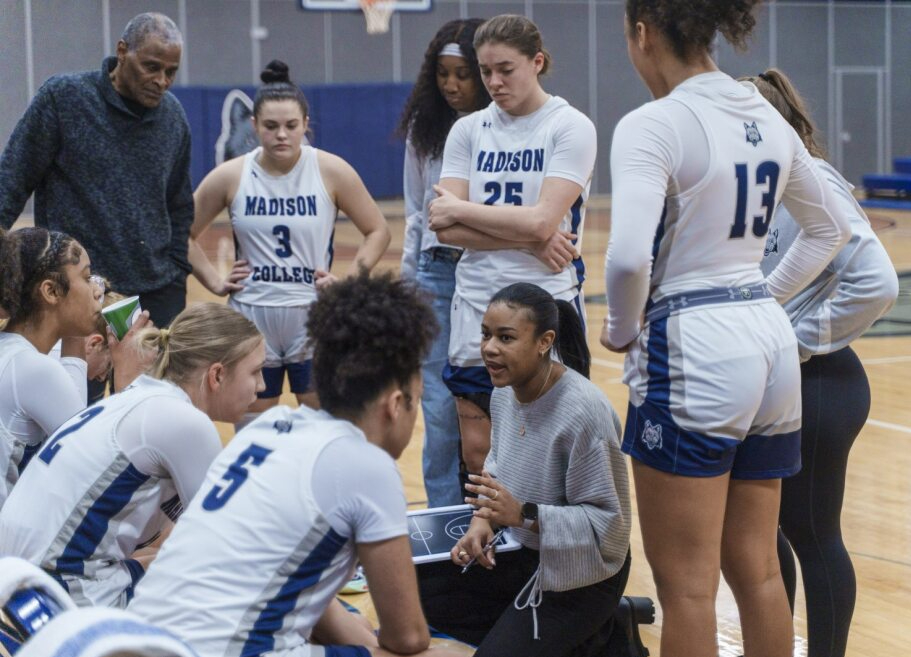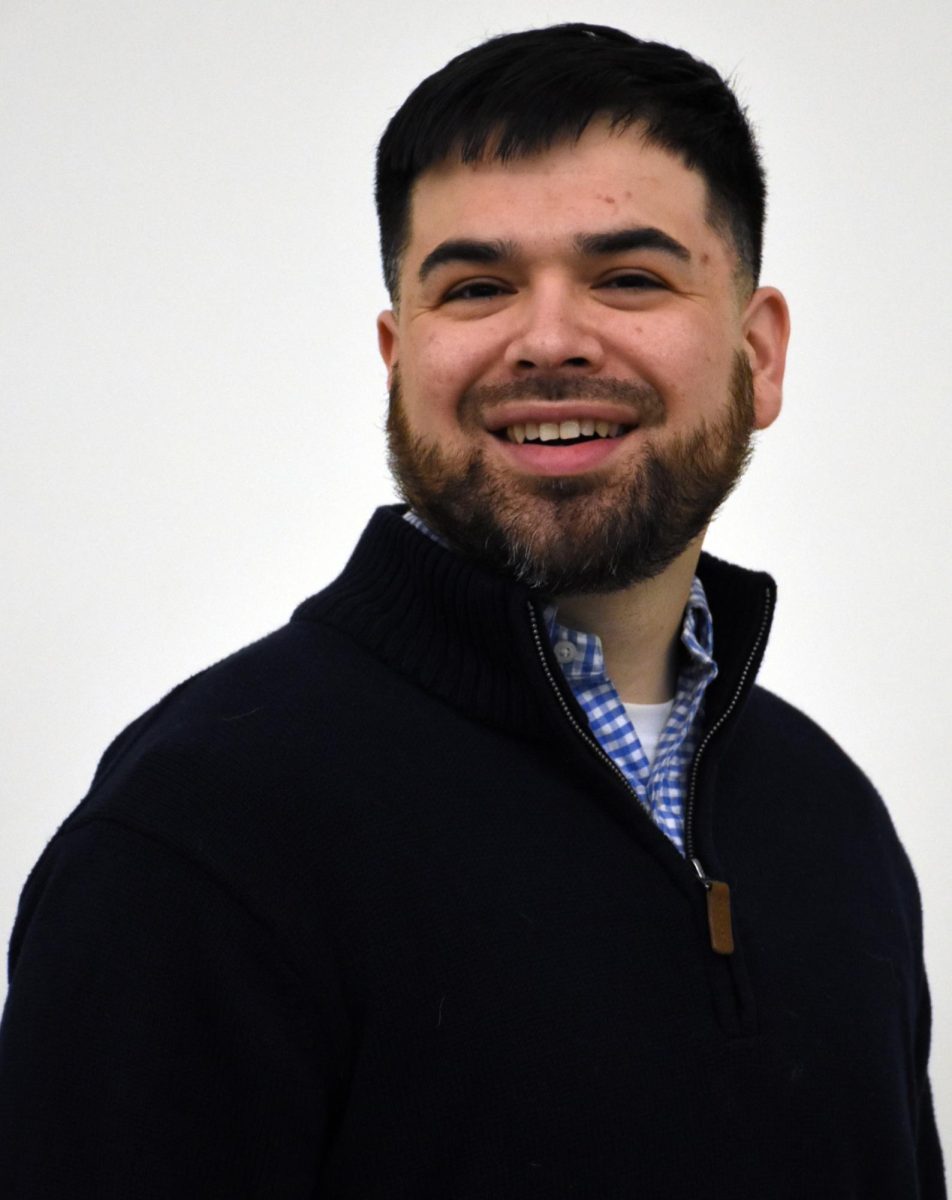Madison College welcomed Dr. Jennifer Berne, one of the four finalist candidates for the college’s next president, to a forum hosted by Ellie Rome, Director of Student Life.
Currently serving as the Provost of Oakland Community College in Michigan, Dr. Berne holds a doctorate from Michigan State University, a master’s degree from Northeastern University, and a bachelor’s degree from the University of Michigan. In April 2025, she will complete her master’s degree at the University of Michigan’s Ross School of Business.
Dr. Berne introduced herself by sharing her journey from faculty member to provost and what she has learned in her career trajectory. She told the audience that when she discusses her background, it is in how she works with the students, and that she is a “faculty member at heart,” having taught English and ESL.
In the early days of her career, while faculty had master’s degrees, she shared that many faculty did not have teaching experience. Berne found she was working with students who knew much more than she did about their needs.
“In order to best serve the students, I went back to school to get a degree to learn about how people learn, and my disciplinary background and the research I’ve done is how college students learn and how their teachers learn,” Berne said.
As an academic administrator, she has created policies about teaching and learning and spends time worrying about how students are progressing. She said, “It is my honor to support faculty learning how to teach different students with different competencies. They are learning different technologies and new ways of learning, such as virtual reality and advanced technology.”
In addition to supporting faculty, Berne stresses the need to listen to the community. After learning about the community’s cybersecurity gap, the college started a cybersecurity program to prepare students for the workforce.
Her theme for academics is “To help every student stay.”
Berne said she asks the faculty and staff to do something every day that is not academic, saying that faculty should learn every student’s name on the first day, then call, text or email if they notice they are absent. She has found that students are glad the faculty has contacted them and can connect them to needed resources.
Berne said another easy way to “help every student stay” is to assess early and often. They heard from students that, at times, they didn’t know how they were doing in class. She provided an example of faculty members submitting meaningful assessments to the students and quickly giving students feedback. If students learned early on how they were doing academically, they could utilize available resources.
Regarding shared governance, particularly the student voice in her previous role, she emphasized its importance and drew on her experience last fall.
As provost last fall, she met with students one-on-one, sharing suggestions and positive experiences and sometimes addressing their concerns. As she listened to them, she realized there was another way for students to comfortably ask faculty questions and address concerns.
Collaborating with the vice chancellor of Student Services, Berne arranged a student town hall and asked students to share with faculty what they could do to support. “It was a fantastic experience because we saw what happens when students control the agenda,” she said. She said they learned more from the students in the town hall because previous student and faculty interactions were more formal.
When asked about the 10,000-foot view from above the top and the administration not always seeing what the students need, she was asked how she could engage with student governance and other ways to come to solutions.
“The best way to work with students is to work with them. The president, provost and senior leaders should sit in classrooms, attend student events and invite students to be part of the advisory board. If we think about the college as a shared entity that is so co-created — the president, the administrator, the faculty, the staff and the students and the community — we are so much more powerful,” Berne said.


























